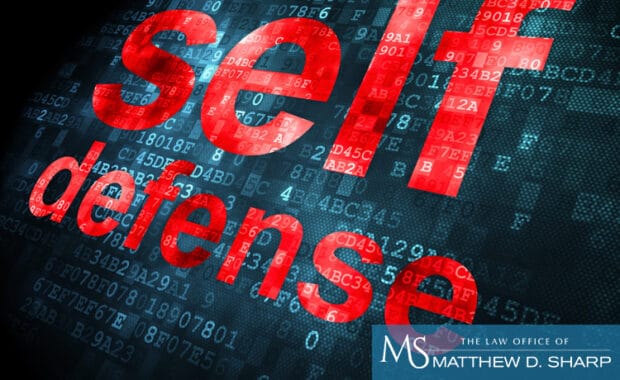Computer Crimes and Hacking in Texas
Nearly everyone who uses a computer to access the Internet has heard of hackers. These computer experts use their technical skills to bypass security measures and gain access to private information. Hackers may have many different motivations. Some steal private data for monetary gain or for blackmail. Others may want to gain an edge on their competition or they may want to distribute illicit material. No matter why they engage in hacking, these kinds of activities are prohibited by law and may be severely punished.
Chapter 33 of the Texas Penal Code outlines the state’s laws regarding computer crimes and hacking. The penalties for these crimes can vary based on the nature and severity of the crime.
Types of Hacking Crimes
There are many different criminal offenses related to hacking. Essentially, hacking is a term that is used to refer to any activity that involves gaining unauthorized or illegal access to a computer system.
One of the most common hacking offenses is known as unlawful access. This crime occurs when a person:
- Accesses a computer or network, directly or indirectly, that they are not authorized to access
- Uses a virus or software to disable a computer’s security
Another common hacking crime is related to the theft of data. This crime can occur when a person accesses a computer for the purpose of retrieving or stealing data to sell, trade or exploit. This crime can occur even if a person has legal access to a computer. For example, a company employee who uses their credentials to access a company system can still commit a crime if they make unauthorized copies of private data.
It is also a crime to use a computer system to commit fraud. For example, a person who uses another person’s stolen credit card information to make purchases may be charged with computer fraud.
Hacking Penalties
Hacking crimes can be discovered in a number of ways. Many hacking crimes are discovered when companies or individuals report stolen information or suspicious activity on their bank account. Federal or state forensic teams can use sophisticated tools to trace a hacking crime back to its source.
In many cases, hackers are caught when they are turned in by their former friends. When one hacker is apprehended, federal agents may offer that hacker a lighter sentence in exchange for his or her testimony in another hacking case. This kind of testimony can be especially damaging.
When a hacker is caught and charged with a crime, the penalties can be severe. For example, a hacker who is charged with breach of computer security in Texas can face:
- A $500 fine
- Loss of computer access privileges
A person who has been convicted of this offense two or more times in the past could face state jail felony charges for this crime. Breaching the security of more than one computer or network to obtain private identifying information may lead to a conviction of a felony in the first degree.
Impersonating another person online or stealing another person’s personal information in order to defraud them can lead to a third degree felony conviction. This can lead to:
- Incarceration in state prison for two to 10 years
- A fine of up to $10,000
Additionally, anyone who is convicted of a computer crime may be ordered to avoid computer or Internet access. They may also be banned from working in a field related to computers.
Legal Defenses
In some cases, a person accused of hacking crimes may be able to construct a sound legal defense with the help of an attorney. For example, a person who is an employee of a legitimate technology business may be allowed to commit some types of hacking as part of their daily work. If the attorney can introduce evidence which shows that the defendant only engaged in such activities for the purpose of doing their job, the charges may be reduced or even dropped entirely.
If you have been charged with any form of computer/hacking crime, it is vital that you get legal defense to protect yourself. The Law Office of Matthew D. Sharp has the experience needed to help you in these difficult times. Call today at 713-868-6100.




